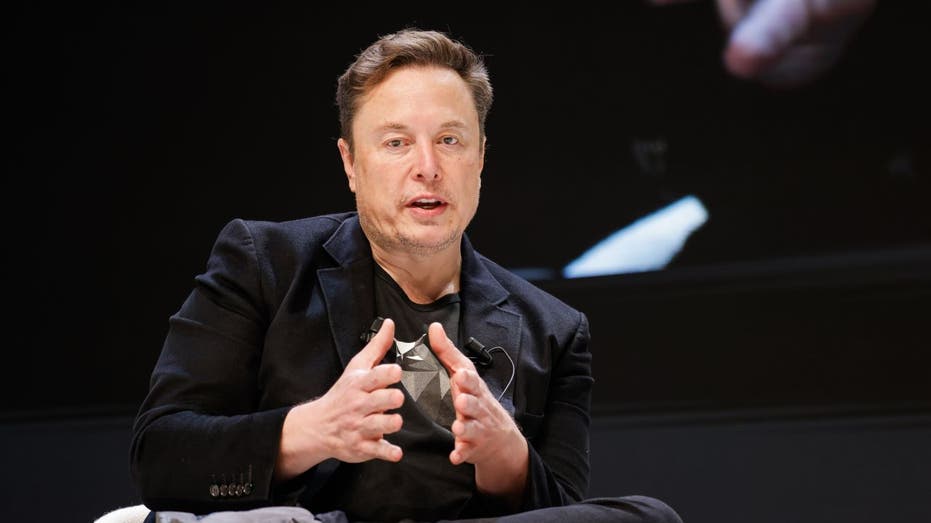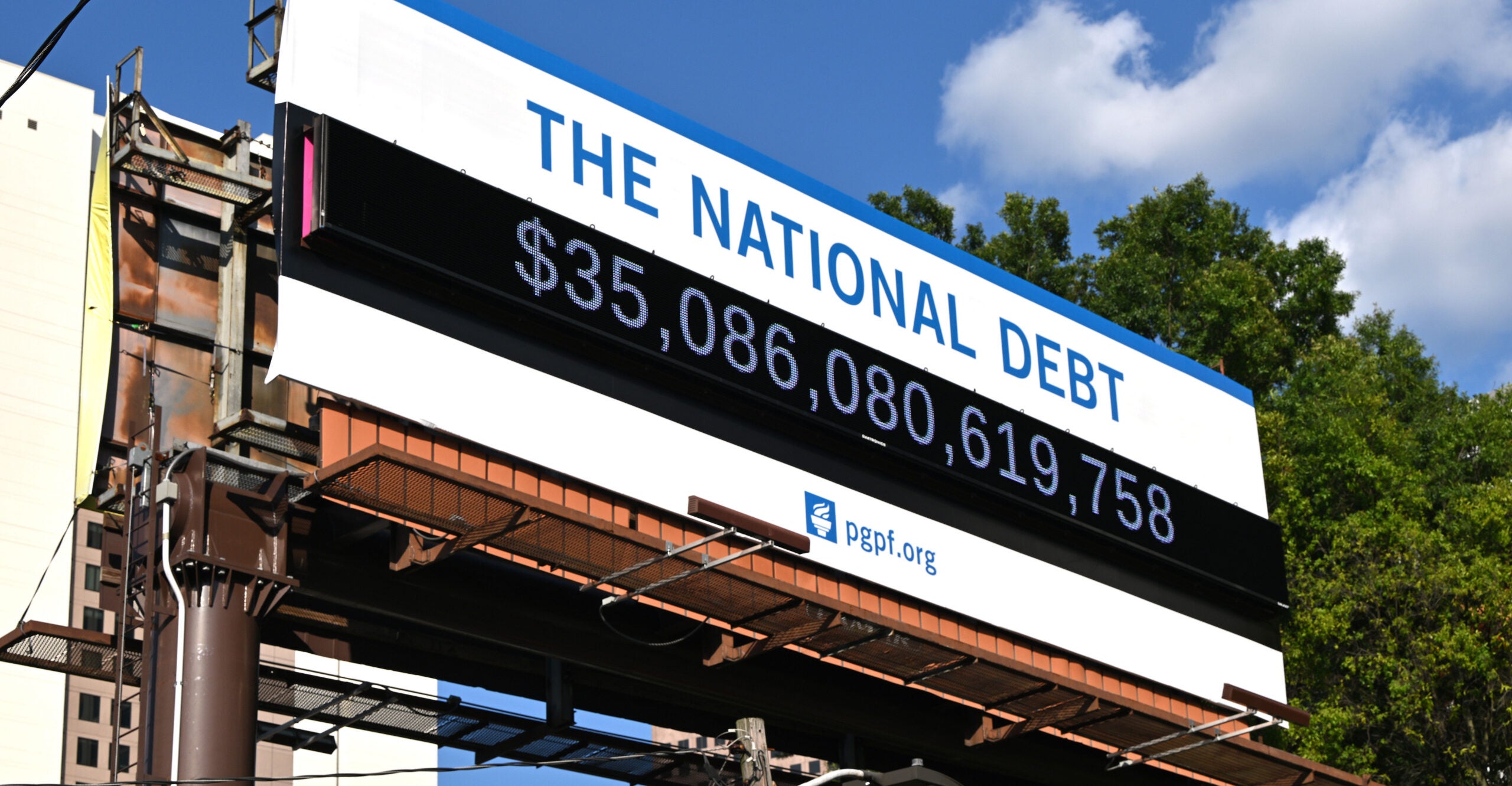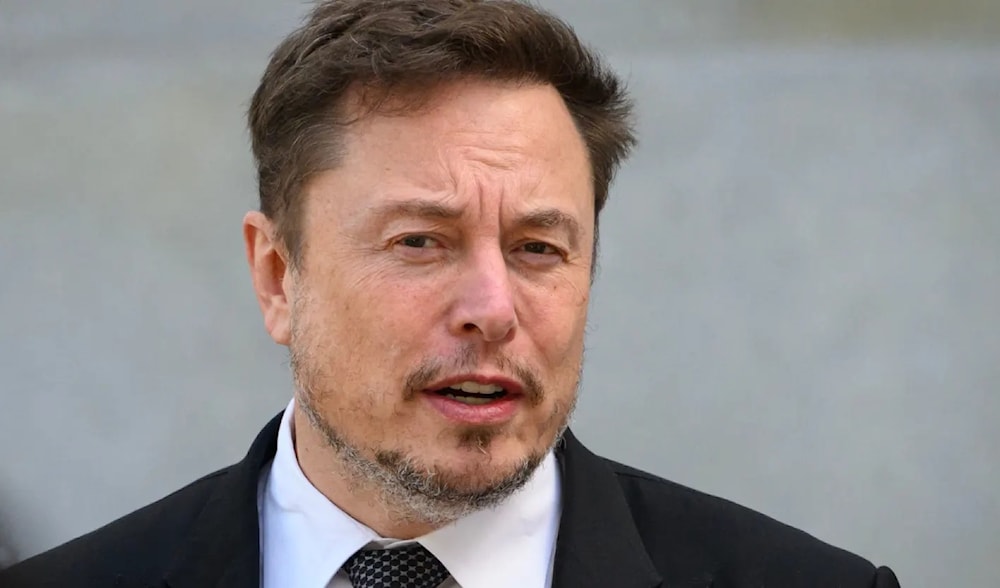Why America’s Soaring Debt Is Biggest Threat to US Dollar
Daniel Lacalle | September 10, 2024
The United States’
federal debt has soared to $35.3 trillion. In less than a year, the federal government has increased that debt by $1.9 trillion. That occurred during years of record tax revenues and acceptable economic growth.
If the current administration remains in power, the Treasury’s own estimates predict an additional $16 trillion increase in debt by 2034, without accounting for any recession or slowdown in tax receipts. According to the Congressional Budget Office, Vice President
Kamala Harris’ economic plan would add another $1.9 trillion to $2.2 trillion to the national debt.
The Harris campaign has not even bothered to discuss a plan to balance the budget. She just said that “efficiency” and the old fallacy of higher taxes on the rich would pay for the increase in
spending—two things that have proven to do nothing to the ballooning debt and that do not even start to scratch the already unsustainable $2 trillion annual deficit.
The Daily Signal depends on the support of readers like you.
Donate now
This reckless increase in debt is happening in an economic growth period. However, if we adjust for government debt accumulation, 2021 to 2024 were the worst years of growth, adjusted for debt, since the 1930s.
In a recent article, economist Claudia Sahm stated that we shouldn’t worry about debt. “Debt is neither inherently good nor bad,” she wrote in an
opinion column for Bloomberg back in January. “As such, the question is not what’s the right level of borrowing, but rather what’s the economic return on the borrowing or the societal goals it advances.”
She went on to say that “the government can easily service its debt because of its unlimited taxing authority and ability to issue more U.S. Treasury securities to repay maturing securities.”
Now you must worry. A lot.
Unproductive Borrowing ‘Inherently’ Bad
Let us start with the benign idea of “economic return on borrowing and societal goals.” The evidence from the United States indicates that the economic return is extremely low. Entitlement spending has not strengthened the economic growth path, and debt continues to rise faster than gross domestic product.
It’s true that debt is not inherently bad, but unproductive borrowing is. It’s a massive transfer of wealth from the productive sector to the bloated bureaucratic state.
Furthermore, the societal goals cannot be unlimited. The government must administer and not just add expenditures to previous expenditures, particularly when there is no realistic analysis of the success or failure of government programs.
The idea that a particular government program is beneficial is not enough to add it to the budget without reducing other expenses. Not even a benign view of government spending as Sahm’s can justify that every government expenditure item today is essential.
Furthermore, we must always understand that governments do not give money for free. They tax the productive sector and borrow, which means printing a currency that is constantly losing purchasing power. Therefore, the government is not advancing societal goals by borrowing without control. It is implementing a profoundly regressive policy that creates a dependent subclass and makes it increasingly difficult for the middle class to thrive.
Economic, Fiscal, and Inflationary Limits
It’s false that the government has “unlimited” taxing authority and the ability to issue more debt, i.e., print money.
The government has economic, fiscal, and inflationary limits: Economic, because constantly increasing taxation leads to stagnation and more debt; fiscal, because expenditures are consolidated and annualized, while tax receipts are cyclical; and inflationary, because the constant issuance of new currency, which is what happens when more debt is issued, leads to the loss of confidence in the currency and the erosion of its purchasing power.
If what Sahm states were true, the euro area and Japan would be examples of high growth and economic strength, but they are examples of stagnation, high debt, and rising social discontent.
The government does not set taxes to fund its incessant spending habits.
Taxes should be set according to the economic reality of an economy. The fallacy of taxes on the rich and corporations does not even address the ballooning deficit and erodes economic growth and productive investment.
When someone tells you not to worry about record debt, you should be extremely concerned. When they say that the government has unlimited resources, they mean that you will pay by becoming poorer with more taxes, more inflation, lower growth, or all three at the same time.
When they tell you that $35 trillion of debt is peanuts compared with $142 trillion of American wealth, they are saying that the government will be pleased to absorb the wealth of the economy. You will pay.
Private Sector Isn’t an ATM
When they tell you that tax cuts are the problem, it comes from the perspective that the private sector is an ATM at the disposal of governments.
Tax cuts do not reduce revenues, just as tax hikes do not raise them forever. Tax cuts adjust the taxable base to the real economy in order to encourage more investment and growth.
Tax cuts are not a loss for the government. They are a win for the economy. It is simply a return of funds to those who have earned them. The idea that funds are better in the hands of the government than in the pockets of those who earned them is confiscatory.
It’s ludicrous to think that the government knows better than the private sector where and how to spend money. Additionally, it’s insane to believe that the government will not squander the funds and bloat the administrative costs.
Furthermore, it’s foolish to assume that corporations and the affluent will hoard unused funds. There’s no such thing as idle money. Capital markets and the private banking sector invest all of their earnings in a productive economy.
If Sahm is concerned about economic returns and social advancements, she should advocate for the private sector to retain a larger portion of the earned money, as it will allocate it to the most advantageous investments.
Inflation Is Regressive Form of Taxation
Inflation is a form of default, in which the government transfers its imbalances to those who receive their salaries in currency. This is the most regressive form of taxation, primarily affecting the poorest. When governments ignore the real demand for the money they issue, confidence in the currency disappears.
Developing countries do not issue debt in foreign currency because they are stupid, but because there is no international demand for their local currency.
Economists such as Sahm assume that the U.S. dollar will have eternal and unlimited demand, and, as such, the U.S. government can export inflation to the rest of the world through the loss of the purchasing power of the currency it issues.
However, global central banks are reducing their holdings of U.S. dollars (U.S. treasuries). International demand is declining, and the limits I mentioned before are already evident.
The U.S. is showing its economic limits, as evidenced by the significant slowdown despite a record deficit and government so-called stimulus. The U.S. is also demonstrating its fiscal limits as the government persists in raising taxes, resulting in significantly lower tax receipts than anticipated and an interest expense bill that has escalated to $3 billion daily.
Declining Purchasing Power of Dollar
Furthermore, the inflationary limit is evident due to a 20% increase in inflation over the past four years, a 30% increase in the cost of basic groceries, and persistent inflation, which is exemplified by the constant decline in the purchasing power of the U.S. dollar.
What Harris is doing as vice president and intends to continue doing if she becomes president is to continuously test the patience of the world and U.S. citizens when it comes to accepting a constantly depreciated purchasing power of the currency.
Saying that nothing will happen if debt continues to rise and deficits continue to drive government policy is, literally, like saying that an alcoholic should drink more vodka because cirrhosis has not killed him yet.
The dollar is the credit of the U.S. economy. If the U.S. government loses its credibility, domestic agents will begin to reduce their use of the dollar, while international agents will decline the currency due to its constant fiscal excess and its tendency to push the limits of global patience.
Thinking that the U.S. dollar will never lose its reserve currency status is simply reckless and ignores history.
Harris is threatening the dollar, and you should be very concerned when someone says that the government has unlimited taxation and printing resources. That means it has unlimited ways of making you poorer.
Unproductive government borrowing hurts economic growth and drives inflation. Concerns are raised about the sustainability of the debt.

www.dailysignal.com










